
In a conversation with Nhan Dan Newspaper reporters, two international experts Fergus Bell and Tom Trewinnard from Fathm affirmed: AI will not replace journalists, journalism and AI are not two opposing forces but can cooperate to go further together.
Fergus Bell and Tom Trewinnard are the founders of Fathm, a digital transformation consultancy for news organisations across Singapore, the US, Egypt, Kenya, Congo, the UK and Europe, to discuss how AI is changing journalism, the opportunities and challenges it presents, and the future direction for mainstream journalism in the digital age.
AI in journalism: A right-hand man, not a usurper
Reporter: According to experts, how important is the role of AI in modern journalism?
Fergus Bell: I think ChatGPT is important for the future of journalism because audiences – the people who consume news – are increasingly using AI. In the future, AI could become a major part of how people access and consume news. Therefore, journalism needs to adapt and figure out how AI fits into the news ecosystem to meet the needs of audiences.

ChatGPT, Grok, DeepSeek are the most popular AI tools today.
Tom Trewinnard: Journalism, in my opinion, is an industry that needs to optimize available resources. AI, including ChatGPT, can help increase the productivity of journalists and editors. That means we can focus on tasks that only humans can do well, instead of wasting effort on repetitive tasks that can be automated. With the help of AI, humans can spend more time focusing on tasks such as in-depth analysis and investigation.
Reporter: So, AI will only stop at the role of a tool to support editors and journalists and cannot completely replace them?
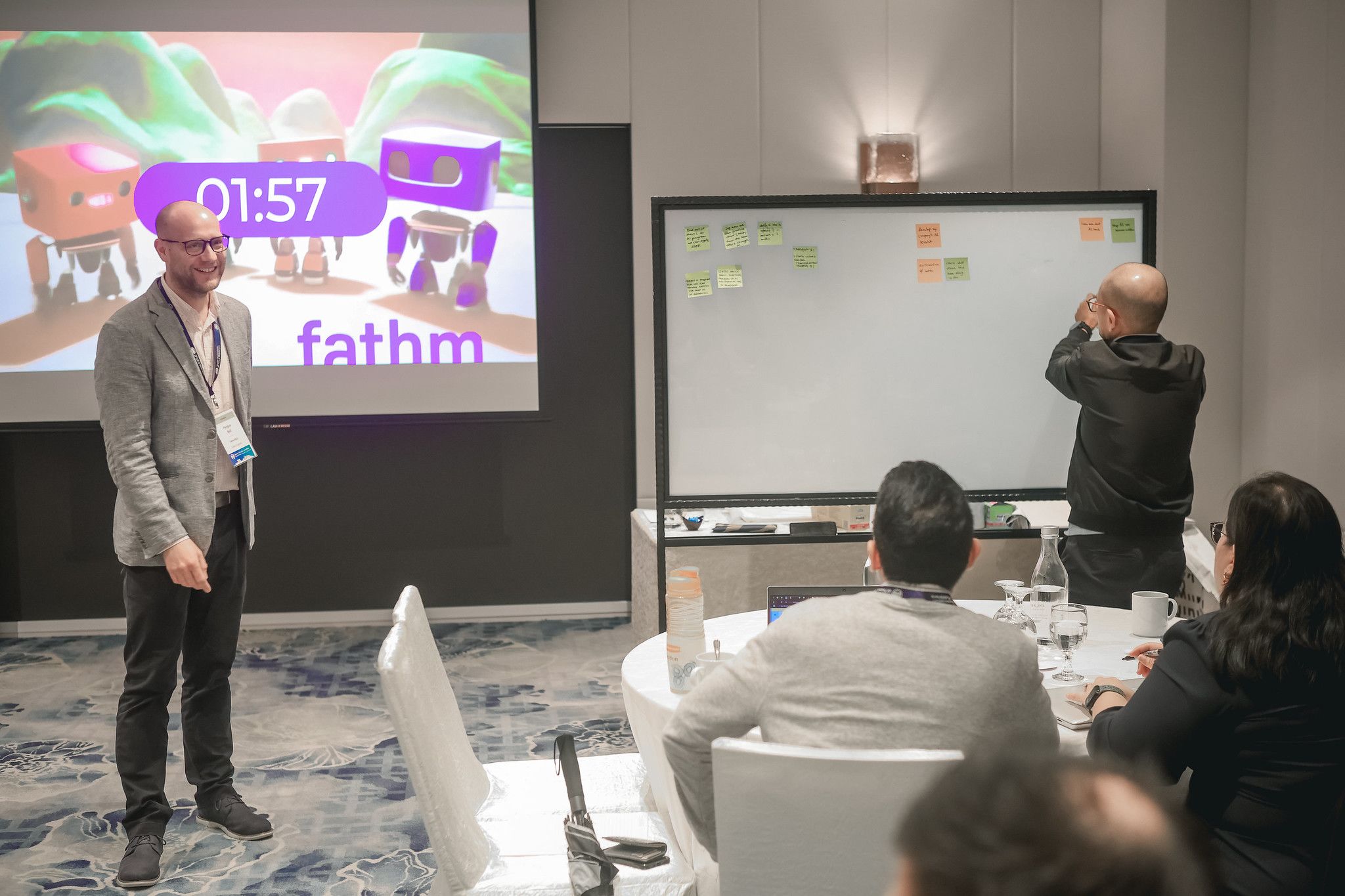
I don't think AI can replace humans in roles like journalists or editors, but it can absolutely play an important role in supporting them and helping them create more consistent journalistic content, in a more efficient way.
The core values of journalism will persist and even become more important as AI advances. In a world where audiences are consuming news from a variety of AI-generated sources, the role of the editor becomes even more essential.
Mr. Fergus Bell

AI won’t replace editors or journalists, but it will certainly replace some of the tasks they currently perform. For example, the repetitive nature of content production across multiple platforms. AI’s assistance with these tasks will free up editors, newsroom leaders, and journalists to focus on creating and telling in-depth stories. It’s not a replacement, it’s a complement – AI allows us to focus on more important tasks that machines can handle.
Mr. Tom Trewinnard

AI Can Create Fake News, But Mainstream Media Still Controls the Truth
Reporter: AI is also one of the factors that spread fake news and misinformation. In that context, what should newsrooms do to maintain their role as "gatekeepers" of information and protect the truth?
Mr. Tom Trewinnard: Exactly, AI is also one of the factors that spread fake news, misinformation and that is why AI highlights the importance of journalists and editors. We have a responsibility to ensure that fact-based news is spread properly through AI. Newsrooms need to understand how AI can be used to create misinformation and find ways to deal with this.
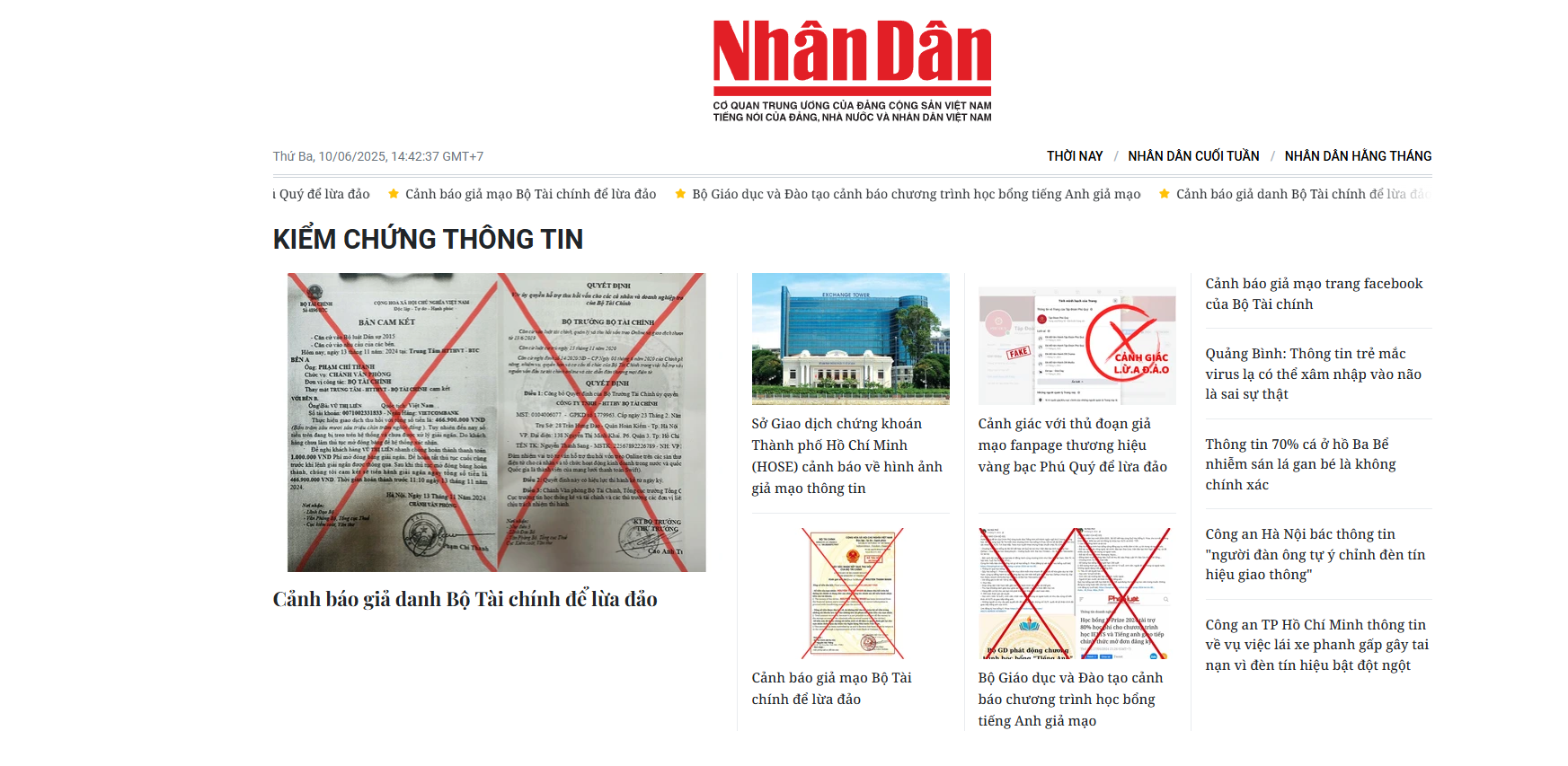
Verify information on Nhan Dan Newspaper.
Mr. Fergus Bell: News organizations and newsrooms in developing countries also need to be careful when sharing their content and data. Currently, Western news organizations have used a lot of data from major news agencies to train AI models. When this data source is exhausted, they will look to countries where English is not the main language and there is a lot of rich local content. This can open up opportunities for cooperation, but newsrooms need to think strategically about this issue, about their data warehouse to make the right decisions, before sharing too widely.
Reporter: In order to maintain our role in controlling the truth, raising awareness of AI in the journalism industry certainly plays an important role, even a key factor in the fight against fake news. What do experts think about this assessment?

Raising awareness of AI in journalism is not only important, but urgent, as it is a defining technology of our time. AI impacts many aspects of our lives, including how audiences access and consume information.
If we want to maintain our role as the custodian of truth, the press cannot afford to be left out. In fact, the press industry is often slow to adopt new technology, leading to missed opportunities. If newsrooms proactively learn and strategically apply AI, we will not only avoid the risk of falling behind, but also exploit the potential of this technology to serve the goals of mainstream journalism."
Mr. Fergus Bell

Understanding AI is the first and most important step for journalism to effectively utilize this technology. AI not only creates challenges but also brings opportunities, but to exploit its potential, we need to equip ourselves with a solid understanding of how it works. AI technology is developing at a breakneck pace and if we do not invest in raising awareness now, journalism will increasingly fall behind in the information race.
Mr. Tom Trewinnard

Developing countries like Vietnam have the opportunity to embrace AI in a flexible and creative way.
Reporter: How to integrate AI into newsroom operations, especially in developing countries like Vietnam?
Mr. Fergus Bell: For journalism and AI to work together in a sustainable way, newsrooms need to create an environment that is open to innovation and encourages experimentation with AI in many different aspects of journalism. AI adoption is not just for tech-savvy people, but also requires the participation of both young reporters and veteran journalists, as each group brings different perspectives and experiences.
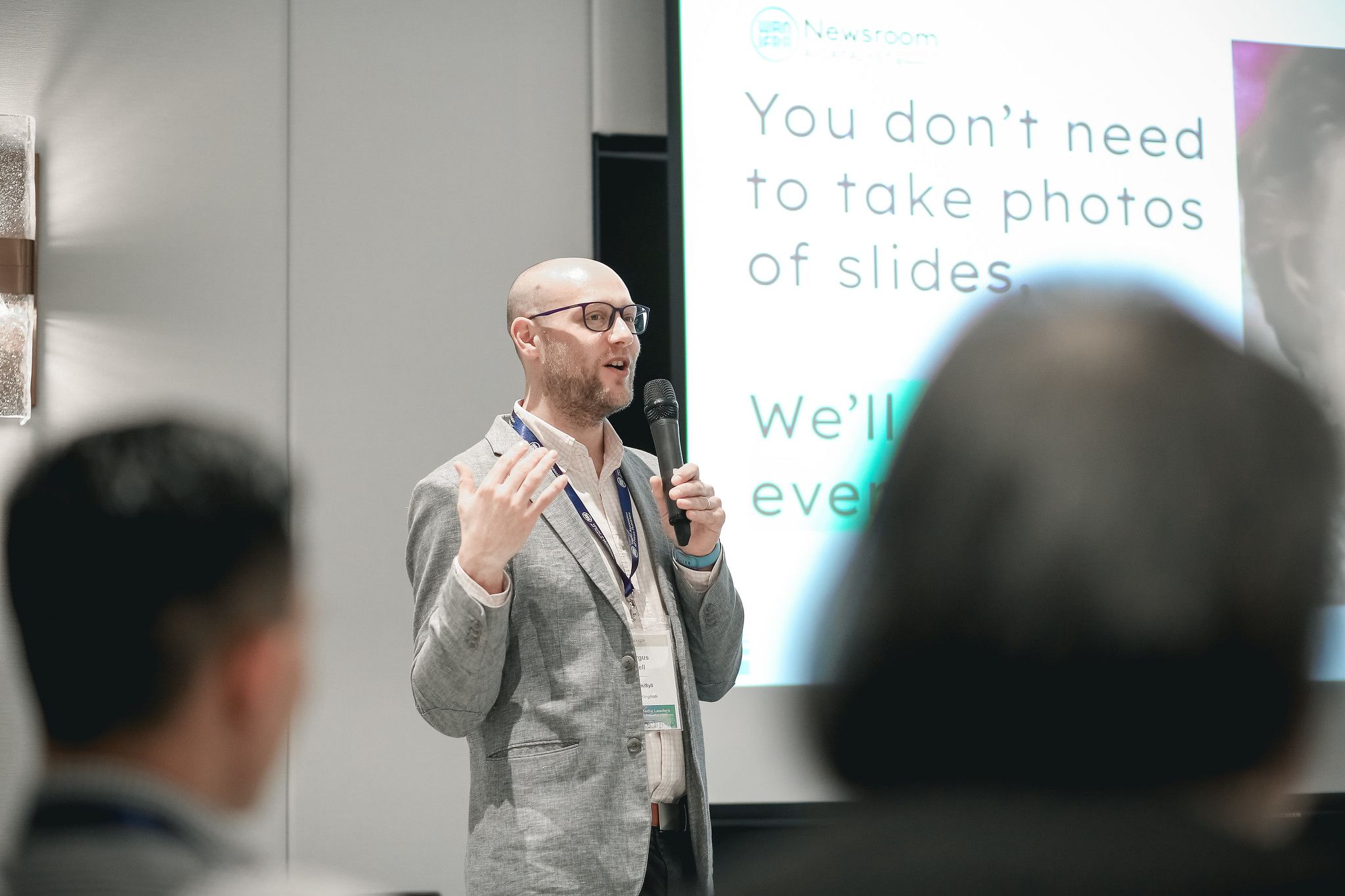
More importantly, instead of trying to convince people to adopt AI, we need to help them understand that AI can be used safely and responsibly.
When there is transparency about the boundaries between what AI can support and what requires human expertise, journalism can leverage the power of technology without losing its core value.
The need to create rules for the use of AI also needs to start now. Just start with some basic principles, then adjust as practice dictates. Having a clear framework will help AI become a valuable tool for journalism rather than a source of concern.
Mr. Tom Trewinnard: Developing countries like Vietnam have the opportunity to embrace AI in a flexible and innovative way. Similar to how Southeast Asia skipped the desktop stage and jumped straight to mobile devices, newsrooms can also leverage AI to create powerful shifts, instead of following the beaten path of traditional journalism models.
It is important that mainstream media proactively embrace technology, turning AI into a powerful support tool instead of being passive in the face of change. With a clear strategy, AI not only helps improve efficiency but also opens up new approaches, helping journalism reach further in the digital age.

Reporter: If the budget is limited, what aspects should newsrooms prioritize investing in to effectively apply AI?
Start with targeted testing. Instead of spreading your budget thin, your newsroom could allocate a small budget to test tools like ChatGPT or Gemini, evaluating which one best fits your real-world needs.
Another approach is to pick a specific idea that has clear potential to create value, implement it first, and use it as a basis for expanding future AI applications.
Mr. Fergus Bell
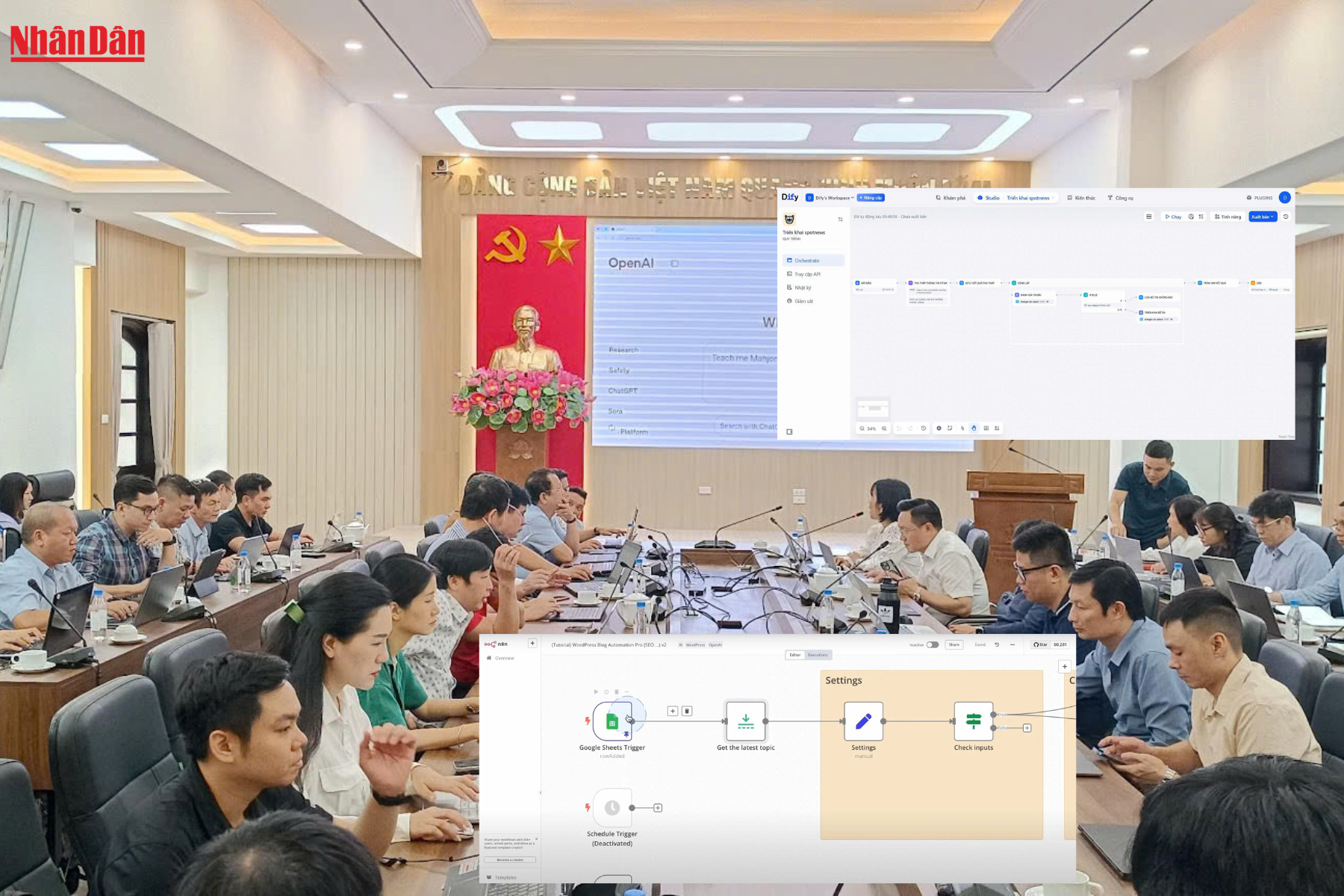
Reporters and editors of Nhan Dan Newspaper learn how to build their own tools in an AI class in April 2025.
Newsrooms need to evaluate the effectiveness of AI based on specific metrics, rather than just following trends.
For example, does AI increase the conversion rate from summary to article? Does it improve reader engagement? Does it improve journalist productivity?
When there is concrete data demonstrating the value of AI, newsrooms will have a basis for making more sustainable, long-term investment decisions.
Mr. Tom Trewinnard
Reporter: In the next 5-10 years, how will AI impact journalism and how can journalism maintain its core role in the technological age?
Fergus Bell: Over the next five years, the way news is presented and distributed to audiences will change dramatically thanks to AI. Journalism will increasingly focus on personalizing content, providing information according to the needs, habits and interests of each reader.
AI technology will help optimize this experience, from suggesting relevant content to automating some steps in the editorial process.
But it is important that journalism actively participates in the development of AI, rather than letting technology dictate the relationship between AI and news. If mainstream journalism does not take the lead in shaping how AI is used, then technology platforms will, and the line between authentic and fake news could become more blurred than ever.
Journalism and AI are not two opposing forces, but can cooperate to reach further. When newsrooms know how to leverage AI while maintaining core values – accuracy, transparency and ethics – technology will become a driving force for the journalism industry to develop more strongly. This is not only an opportunity, but also a responsibility for journalism to continue to play the role of “gatekeeper” of truth in the digital age.
Fergus Bell - Founder & CEO of Fathm

Fergus Bell – Founder & CEO of Fathm
Fergus Bell is an expert in journalism innovation, with a special focus on fact-checking and AI to combat fake news. With experience at the Associated Press and as a leader of Fathm, a digital transformation consultancy for journalism, he helps newsrooms adopt new technologies for sustainable development.

Tom Trewinnard – Founder & CEO of Fathm
Tom Trewinnard is a digital strategist focused on integrating AI into journalism. He has led initiatives to help newsrooms optimize their news production processes and measure the impact of their journalism using technology.

E-Magazine | Nhandan.vn
Implementation direction: HONG MINH
Content: HAI YEN-PLUM BLOSSOM
Presented by: VAN THANH
Photo in article: Two experts Fergus Bell and Tom Trewinnard participated in teaching at the World Association of Newspapers and Magazines' Newsroom AI Catalyst 2024 Asia- Pacific program (WAN-IFRA APAC Newsroom AI Catalyst 2024), November 2024.
Source: https://nhandan.vn/special/aivatuonglainganhbaochi/index.html








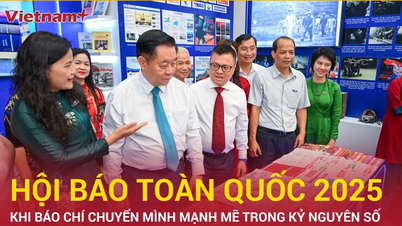

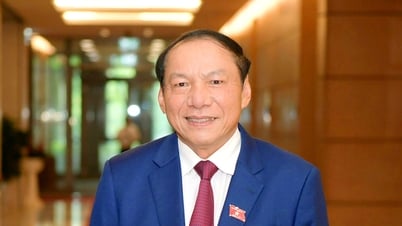

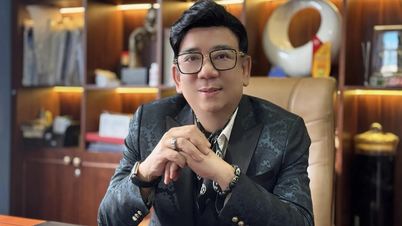









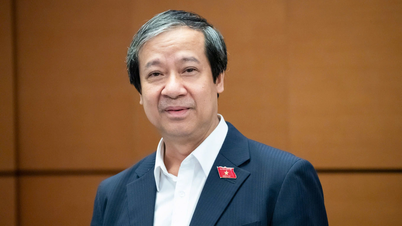

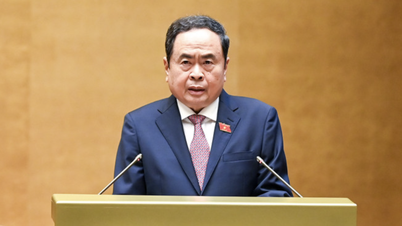








![[Video] Opening of the National Press Forum 2025](https://vphoto.vietnam.vn/thumb/402x226/vietnam/resource/IMAGE/2025/6/19/b7a3477903b3458abfbb2b364af5b689)

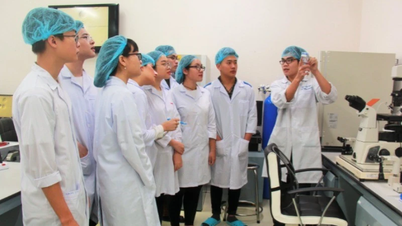

![[Video] Modern Journalists Use AI Properly: Lessons from an American News Agency](https://vphoto.vietnam.vn/thumb/402x226/vietnam/resource/IMAGE/2025/6/19/13d3520a1db54053952ee79023861c27)
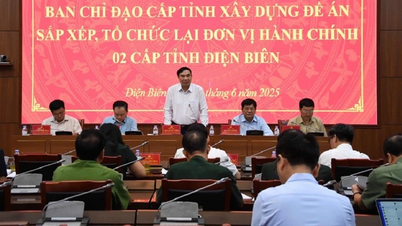




































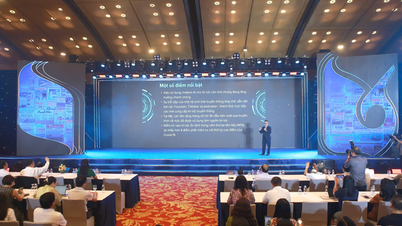








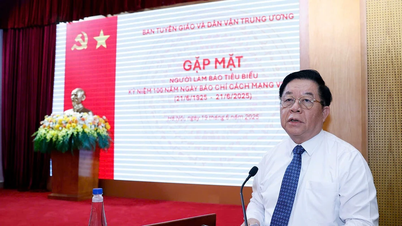






















Comment (0)